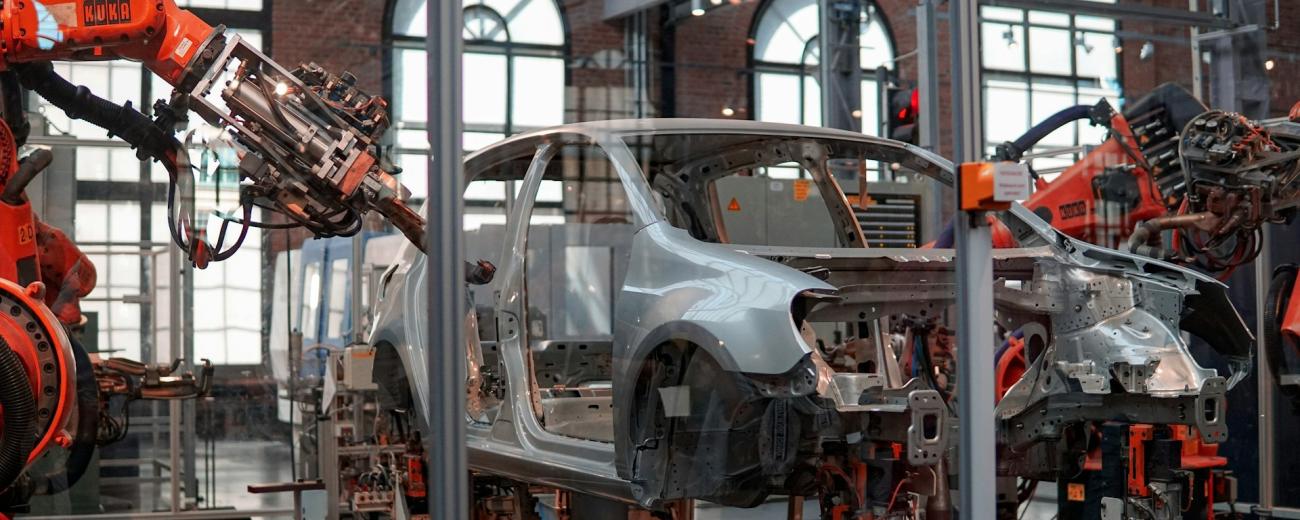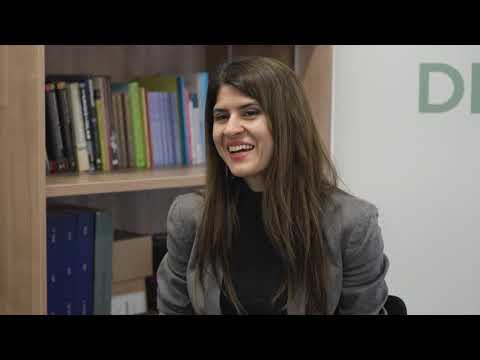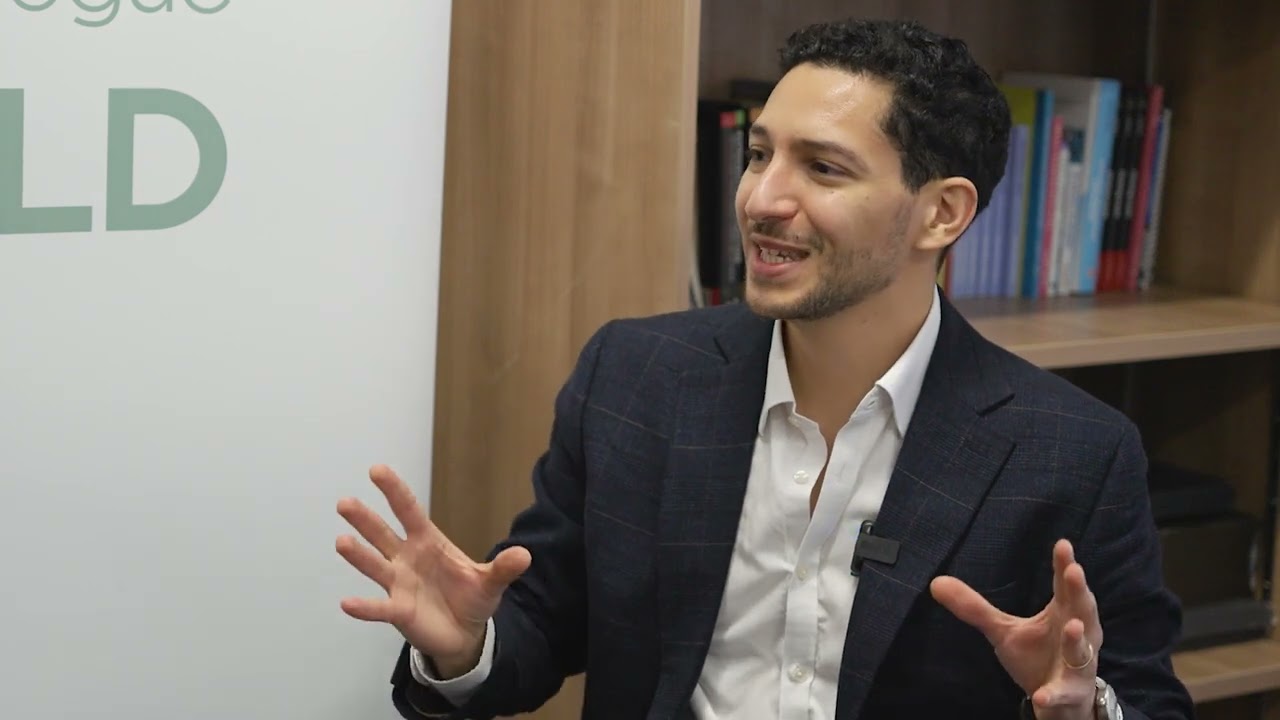Future Leaders Programme 2: Industrial Policy for Economic Development in an Age of Ecological Crisis


About
Future Leaders Programme 2: Industrial Policy for Economic Development in an Age of Ecological Crisis (8-12 April 2024, London).
SOAS DLD held its second Future Leaders Programme in early April 2024. As topics go it really couldn’t get more timely or important than this. We were lucky to host an amazing group of highly experienced participants from Argentina, Brazil, Colombia, Republic of Congo, Eswatini, Malaysia, Nigeria, Peru, South Africa, Syria, Türkiye and Uruguay.
The workshop was titled deliberately by SOAS DLD Co-Director Ha-Joon Chang to make a distinction between narrow ‘green industrial policy’ - which tends to focus on how goods produced in developed countries for developing country consumption can be greener (thus repeating the centuries old cycle of resource extraction and exploitation) - and industrial policy that uses the green transition as an opportunity to transform the productive matrix of developing country economies.
The rich discussions included:
- Fiona Tregenna (University of Johannesburg) reminding us that, without deliberate policy design, the transition by default will be ‘unjust’;
- Antonio Andreoni (SOAS) highlighting the need for aligned policy packages to develop underlying productive capabilities;
- Reda Cherif (University of Cambridge) advising serious consideration of ‘energy for what?’ to ensure the process is strategic;
- Yacob Mulugetta (University College London) analysing the factors behind Uruguay’s amazing transition to renewables (with the support of the participants from Uruguay who had delivered the policies!);
- A deep dive from Smeeta Fokeer (UNIDO) into the possibilities and challenges of green hydrogen;
- Zainab Usman (Carnegie Endowment) and Amir Lebdioui (Oxford)'s analysis of the state of play and possible policy tools to add value to critical minerals;
- DLD Co-Director Christopher Cramer (SOAS) and Simon Roberts (University of Johannesburg) discussing the ‘industrialisation of freshness’ and the role of competition policy in regulating corporate concentration in the global food economy;
- Richard Kozul-Wright (UNCTAD) and Tilman Altenburg (IDOS) on the challenging global context in relation to the availability of finance, investment levels and the specificity of new green markets;
- Natalya Naqvi (LSE) and Ulrich Volz (SOAS) with some practical ideas regarding the role of national and multilateral development banks and central banks in enabling sustainable structural transformation.
Key takeways
- With effective alignment, policies can amount to more than the sum of their parts.
- Countries need to make ‘greening’ a key driver of long-term structural transformation.
- Mobilising domestic resources is preferable to relying on foreign investment and the role of national development banks and central banks is key.
- Building national consensus and finding quick wins can help build support for long-term policies, despite the short-term nature of political cycles.
- There is more policy space than you think, and it is expanding.
- You don’t need to have everything in place to get started – learn by doing.
Header image credit: Lenny Kuhne via Unsplash.
FLP Interviews
In the sidelines of the workshop, DLD Co-Director Ha-Joon Chang took the opportunity to chat to Natalya Naqvi and Amir Lebdioui in a little more depth. You can watch the interviews here.
About the Future Leaders Programme
Future Leaders Programme (FLP) workshops bring together a small number of people who are expected to be in senior leadership positions in the coming years for a workshop involving lectures, discussion sessions, and debates.
Each FLP workshop has a key theme and/or regional focus and is led by presenters with a wealth of senior experience in government, academia, the private sector, civil society, and international organisations.








